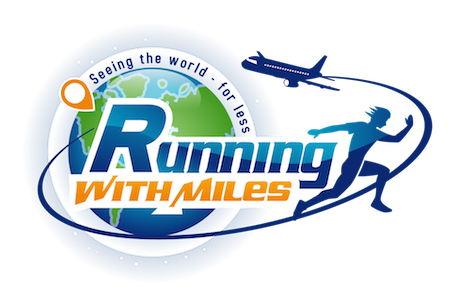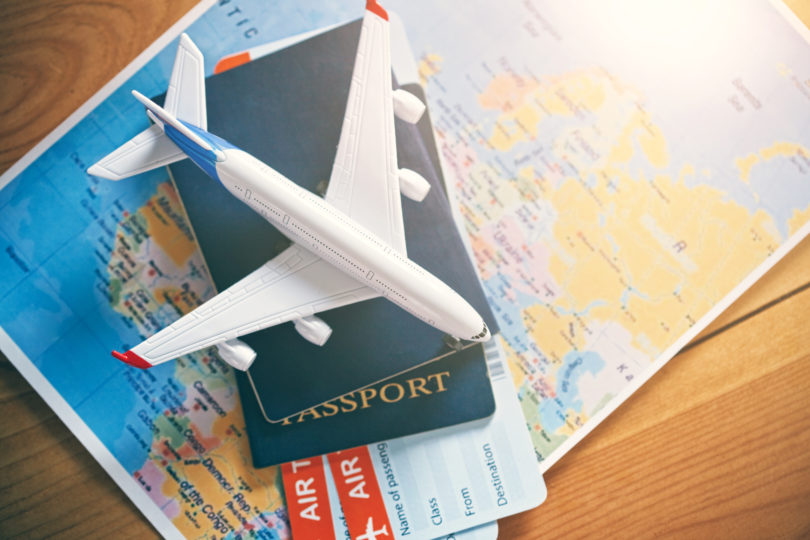With many countries starting to open up and some trying to start talking about summer tourism, there is still a cautious approach as to how to welcome visitors this summer and from where. There are many countries that are now talking with other countries that have similarly had fewer cases of the virus to determine what kind of protocols they can agree on to create “safe zones” or “corridors” for travel this year.
“Safe Zones” for International Travel
The Trans-Tasman Bubble
Australia and New Zealand have been in the news concerning the fact that they could ban foreigners from coming to their countries for the rest of the 2020! However, they also are trying to create a travel “bubble“ that would exist for their two countries and, possibly, eventually beyond.
This “bubble” would put protocols in place to allow citizens from both countries to travel back and forth between Australia and New Zealand like they would have before the coronavirus.
If this works, they could even branch it out beyond their two countries to others in the region that have done a good job of dealing with the spread of the virus and the containment of cases. Representatives from both countries will spend the next several weeks working on protocols to present to the government – things like health checks, non-touch immigration stations, and more will be on the docket.
Greece, Israel, and More
On the other side of the globe, Greece has begun talking with Israel and several other countries about their own “safe zone” that they could create to encourage travelers between the countries. Greece has been heralded by people around the world for how their response was able to keep the virus count very low, especially when compared to their Mediterranean neighbors.
Since both Greece and Israel rely quite heavily on tourism and both countries also have shared interest for many tourists, it could be very helpful to both to have such a safe zone. Nothing would happen until at least mid-June and there are many things to consider, especially the fact that entry to Greece is also entry to the EU and other EU countries may not be ready to open.
This week, the Greek Prime Minister had a conference call with the leaders of Austria, Denmark, Norway, Singapore, Czech Republic and even Australia regarding the safe zone for inter-travel as well. These are very early discussions so nothing would likely come from them for at least 6 weeks but these are the countries that Greece feels would be the best partners in such a travel “safe zone.”
What Will It Take to Establish “Safe Zones”
To establish these safe zones, participating countries will need to agree on protocols that they can each put in place for checking travelers coming and going for the virus. At present, Vienna Airport offers such testing but it costs travelers a whopping €190 per test. Gree
Since these countries will eventually open for other countries’ citizens as well, making a safe zone would likely be more about the early travel period (like mid-summer) or streamlining the entry process for travelers from the countries in the “safe zone.” Maybe different entry lines or access to certain resorts or parts of the country that may be closed off to other visitors.
Bottom Line
But, at present, these talks are still early so it will take about a month before we learn what will come from it and what a safe zone would offer.
However, if these safe zones are established and groups of countries agree on various protocols with each other, this could dictate what kind of international travel each country’s citizens are able to take – at least for 2020.







I’m wondering what your take is for the protocol for flights entering Greece from abroad that states “there will be no empty seats on flights to, from and within Greece. The passenger capacity of all airplanes will be full in order to support airlines companies.”
How can they enforce this on foreign airlines, i.e. Delta flying fro JFK to ATH which only has one directly flight daily in the summer?
Hey, Sam – I have been trying to find out more about this. I’m asking around but what I believe it is referring to is that there will be no blocking of seats. At least, as far as Greece is concerned, requirements to block middle seats (like some EU countries had mentioned would be a requirement) will not happen. This would include holiday airlines like Easyjet, Ryanair, and Wizz Air.